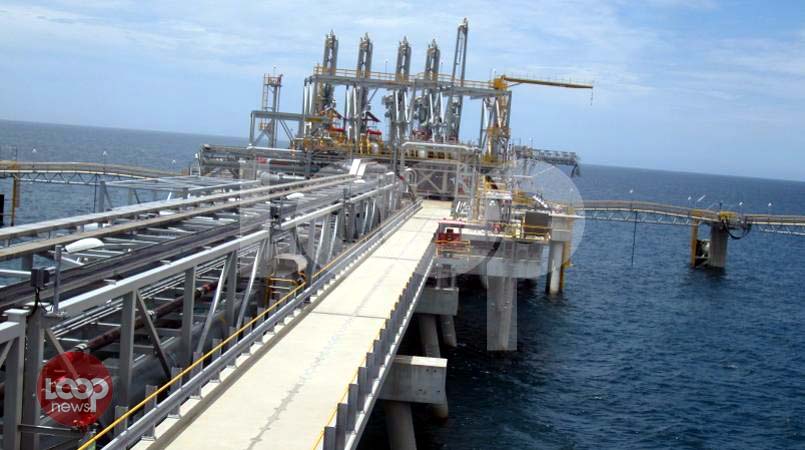
Despite global market influence on the mining, oil and gas sector, it is expected that the sector will continue to grow strongly, including the start-up of new projects.
The country’s think-tank, National Research Institute in its economic modelling research project report revealed that so long as development is a priority of Government, “business as usual” investments in the enablers rather than “austerity” is the best policy approach, even in the face of global and domestic economic challenges.
The modelling results are obtained within the context of declining world prices for PNG’s export commodities due to changing demand and supply conditions abroad, and also domestic challenges like the El Niño.
The modelling, conducted by NRI Research Associate Dr Theo Levantis and NRI Deputy Director Dr Osborne Sanida uses key policy developments and the key assumptions of the 2016 Budget as the foundation to provide economic forecasts for 2015 to 2024 under two scenarios.
The first scenario assumes “business as usual” conditions where the key enablers (health, education, transport, land, law and order, and utilities) are funded well, as envisaged in the Vision 2050 and the Papua New Guinea Development Strategic Plan (PNGDSP) 2010–2030.
The second scenario is under the “austerity” conditions of the 2016 Budget, whereby support for the key enablers is discussed but funding is withdrawn.
The key message from the modelling results is that strong funding for the key enablers is important for economic growth and development; a message that is already clear when observing the success of this approach in neighbouring countries of East Asia.
However, the modeling emphasises the crucial importance of investing in the enablers rather than wasteful spending because investing according to the “business as usual” scenario will require an investment of K47 billion in savings foregone compared with the austerity scenario by 2024.
